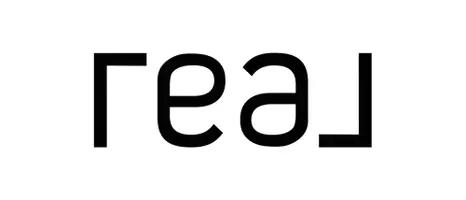A Guide to Buying a Mobile Home in Winnipeg

A Guide to Buying a Mobile Home in Winnipeg
Overview
As an affordable housing option for buyers in Winnipeg, mobile homes are growing in demand for first-time buyers, families, and downsizers alike. While the price point is often comparable to an apartment or townhome, mobile homes offer benefits like more square footage, a private yard, and the flexibility of a detached home.
A mobile home (or manufactured home) is built entirely in a factory and transported to a desired location, rather than constructed onsite. Though typically semi-permanent once installed, they retain some mobility.
These types of home's have specific considerations unique to their structure, location, and financing, all of which are important to understand before making a purchase.
Benefits of Buying a Mobile Home in Winnipeg
Affordability - Mobile homes are often more affordable than single-family homes and offer a lower entry point into homeownership in Winnipeg’s competitive market.
Flexible Living Arrangements - Mobile homes can be placed on rented land in parks or on purchased lots, giving buyers flexibility in where they choose to settle.
Quick Setup - Mobile homes are built and transported quickly, offering a much shorter timeline than custom-built homes.
Private Yard Space - Unlike apartments or some townhomes, mobile homes come with private outdoor space, giving you flexibility for gardening, outdoor relaxation, or pets.
Lease Fees - If part of a mobile home park the lot is often leased with a monthly fee. This fee covers essentials like snow removal, garbage, and water services. Municipal fees or taxes paid by the park, will be included to reflect the portion owed by that individual lot.
Detached Property with Larger Square Footage - Mobile homes offer the benefit of more space without shared walls, providing greater privacy than most apartments or townhomes.
Community - Many mobile home parks provide play structures and encourage pedestrian use with trails and a vehicle speed limit. Some parks may also have a community centre or pool for it's occupants.
Park Rules - Most mobile home parks have policies and a management that ensures fairness amongst the tenants that the rules are followed.
5 Key Considerations for Mobile Home Buyers
1. Financing and Depreciation
- Depreciation and Economic Life - Mobile homes generally have a shorter economic lifespan than conventional homes, typically around 50 years. Depreciation can affect both property value and financing options, especially if the home is older or less maintained. Lenders may be more cautious, particularly if the mobile home has less remaining economic life. The economic life of a mobile home refers to the period during which it is considered to have value and utility for its intended purpose. While the economic life defines its practical lifespan, mobile homes can remain usable beyond this period with significant maintenance, repairs or upgrades, though their market value may decline.
- Effective Age and Maintenance - A well-maintained mobile home with regular updates can have a longer effective age, which improves financing options. For example, a 15-year-old mobile home with major upgrades may be assessed as having an effective age of only five years, positively impacting its appraised value. While improvements can enhance living comfort, they may not increase the home's resale value significantly.
- Financing Challenges - Given depreciation concerns, buyers may need to meet specific criteria to qualify for a mortgage, and certain lenders may limit financing options based on the age and remaining economic lifespan of the home.
-
Mobile Home on a Foundation with Owned Land
- You may qualify for a traditional mortgage if the home is permanent and you own or are buying the land.
-
Mobile Home on Owned Land but Movable
- Traditional mortgages may or may not apply. Instead, you might use a chattel mortgage, which secures the loan with the mobile home itself as personal property.
-
Mobile Home in a Park (No Land Ownership)
- When you don’t own the land, the home is often not considered real‐property in the usual way (i.e., land + dwelling) but rather a movable asset.
- You can finance a mobile home on a leased lot in Manitoba, but it's unlikely to be a traditional mortgage in the classic sense. Instead you’ll likely be looking at a special financing arrangement (chattel loan/personal property financing) with it's own unique terms.
- Be cautious of loan limits to ensure you can cover the full cost of the mobile home.

Anchor Support System / Source: Groundhog Anchor and Support Systems -
2. Anchoring or Foundation Requirements
- Proper Foundation and/or Anchoring for Financing - Lenders usually require mobile homes to be permanently affixed to the land to be classified as real property rather than chattel (movable property). The home must be set on a permanent foundation or semi permanent anchored system that meets local and CSA standards.
Typical lender expectations,
-
Installed on permanent or semi permanent foundation supports (concrete or steel piles, slab, or engineered footings).
-
Anchored or tied down per code for stability, resisting wind and frost movement.
-
Utilities permanently connected — sewer/septic, water, hydro, etc.
-
Wheels, axles, and towing hitch removed to show the intent of permanence.
- A CSA label and proof that the home was installed per code and inspected (municipal or provincial inspection).
These steps signal to lenders that the home cannot be easily moved, making it a fixed improvement to the land.
-
3. Location and Land Ownership
- Freehold vs. Leasehold - Mobile homes in Winnipeg may be freehold (owned land) or part of a leased-land park. With leased-land properties, buyers rent the land from a park owner, which typically involves a monthly fee. These fees can vary widely, and it’s essential to clarify what services (e.g., water, sewage, garbage removal) are included as well as the amount of municipal taxes. Owning the land can protect you from fluctuations in mobile park fees, and the land value may appreciate over time.
- Zoning and Land Use Regulations - Check local zoning and land-use restrictions, as some areas have specific rules for mobile homes. This is especially important if you plan to add extensions or make modifications.
4. Condition and Required Maintenance
- Spec Sheet and Serial Number - Every mobile home has a spec sheet (often located on an inside cabinet) with key details about the home, such as the make, model, and serial number. This information is essential for financing and resale.
- Construction Quality
- Mobile homes built after 1976 (when HUD construction standards were implemented in the U.S.) generally last longer because of improved materials and building codes.
- Homes with higher-quality materials and craftsmanship tend to have a longer economic life.
- In Manitoba, all mobile homes must have CSA certification. New mobile homes come certified, but older ones may not be. You can check for the certification sticker near the doorway or electrical panel. If the sticker is missing, the mobile home needs to be inspected. The Office of the Fire Commissioner no longer conducts these inspections, for more information contact Inspection & Technical Services Manitoba at (204) 945-3373 or email TechnicalServices@gov.mb.ca.
-
Modular Housing Association Prarie Provinces (MHAPP) For a timeline of single section homes, comparing the differences in building code changes, size increases and feature improvements, it can be found here:
- Proper Installation - Correct installation is crucial; approximately 80% of warranty issues stem from poor setup, which can lead to costly damage like leaks, warping, or structural weakness. Preparation of the site and foundation is mandatory and important to the safety of the home. A detailed manual can be found at the following: Municipality of Roblin - Mobile Homes

- Maintenance
- Regular upkeep, including skirting, anchoring, roofing, siding, and systems (e.g., plumbing, electrical), significantly extends the economic life. Options like sloped landscaping around the foundation prevent water buildup.
- Neglect can reduce the home's life expectancy.
- Weatherproofing and Winterization - Winnipeg’s cold winters can impact mobile homes. Ensuring proper insulation, particularly in the Skirting also called Underpinning (the area around the base of the mobile home), can help avoid issues with frozen pipes and heating efficiency. Some homes may also require heat-traced pipes for extra protection.
- Upgrades and Retrofits - Many mobile homes feature smaller door and window frames than site-built homes. Upgrading to standard-size doors and energy-efficient windows can improve comfort and reduce heating costs.
- Usage - Homes used as full-time residences may wear out faster than those used seasonally.
5. Resale Value and Market Demand
- Resale Considerations - Mobile homes depreciate faster than traditional homes, which may impact resale value. Buyers should be prepared for slower appreciation rates and consult a REALTOR® familiar with the mobile home market for guidance.
- Market Demand - Mobile homes are growing in demand among cost-conscious buyers in Winnipeg, but their resale value can be more sensitive to the condition, location, and age of the home than conventional properties. This may also affect the number of potential buyers when it’s time to sell.
Steps to Buying a Mobile Home in Winnipeg
- Budget and Financing - Contact local lenders to understand financing options for mobile homes, especially given the impact of depreciation and determining if the home has a permanent, semi-permanent or temporary foundation and applicable anchoring requirements.
- Inspection and Appraisal - Hire a certified inspector to assess the condition of the mobile home, especially if it’s older. An appraisal can also help determine its remaining economic life, which may affect mortgage eligibility.
- Verify Foundation, Anchoring and Underpinning - Determine if the mobile home is anchored and/or the type of foundation support it has, and review its spec sheet for essential information. You will need this information when securing financing and for insurance purposes. Consider any weatherproofing upgrades that may be needed to withstand Winnipeg winters such as the addition of underpinning, also known as skirting.
- Review Lot Lease Terms - If the mobile home is in a park or on leased land, review lease terms carefully to understand all associated fees and services provided. Mobile home parks have policies that must be adhered to and will most often require an application by the buyer, this may include a pet policy. The offer to purchase a mobile home is conditional on the park approval of the buyer, where application is required.
Mobile Home Licenses, Fees, and Taxes
Licenses
- Definition - A permit issued by a municipality for a mobile home, with an associated fee paid by the owner.
- Mobile Home Park - A residential complex with two or more mobile homes located for 60+ days.
Privately Owned Mobile Home Parks
-
License Fees
- Some municipalities require mobile home owners to pay a license fee.
- Landlords often collect these fees on behalf of the municipality and pass them along.
- License fees are not considered rent, so landlords can implement fee increases immediately upon notice from the municipality (no three months’ notice is required).
- License fees are excluded when landlords apply for rent increases above the guideline.
-
Municipal Taxes
- Municipalities may assess taxes on mobile homes and other structures like garages or sheds.
- The landlord pays the taxes to the municipality and divides the cost among tenants.
- On tenancy agreements, landlords must clearly list the rent and any separate tax charges.
Municipally Owned Mobile Home Parks
-
- Are exempt from rent regulation and land taxation.
- Can assess and collect taxes directly from mobile home owners.
- Act as a taxing authority, not a landlord, when collecting taxes.
- Taxes are not considered rent, so municipalities can increase them without providing three months’ notice, following their bylaws.
- Rent Increases
- Rent increases require three months’ notice and can only occur once every 12 months.
- Rent and tax increases don’t need to occur simultaneously.

Types of Mobile Homes
Single-Wide - Typically up to 90 ft. long and 16-18 ft. wide, single-wide mobile homes are economical and easier to move. They consist of a single unit, making transport easier.

Double-Wide - Over 20 ft. wide, double-wide homes consist of two large sections joined at the site, creating more interior space but with greater complexity for transportation.
Some manufacturers are now also offering triple-wide mobile homes, especially common in rural areas, allowing for more space without high urban land costs.
Financial Considerations and Cost Benefits
Comparative Costs - While the average cost of a single-family home in Winnipeg can exceed $350,000, mobile homes start around $150,000.
Energy Efficiency - Many mobile homes are built to be energy-efficient, with modern insulation and windows, which can result in long-term cost savings.
Low Initial Investment - A lower purchase price means smaller mortgage payments or personal loans, providing a financial advantage to those unable to afford high down payments on traditional homes.
Mobile Homes and The Homesteads Act
A mobile home can qualify as a homestead under The Homesteads Act in Manitoba, but certain conditions must be met,
When a Mobile Home is a Homestead
Used as a Family Home - The mobile home must be occupied by the owner and their spouse or common-law partner as their primary residence.
On Owned Land - The land on which the mobile home is situated must also be owned by the same person who owns the mobile home.
When it Doesn’t Qualify
- If the mobile home is located in a mobile home park where the land is rented, it would not be considered a homestead under the Act.
- The protection under the Act applies to land and the residence, so without land ownership, homestead protections don’t apply.
This means that mobile homes on privately owned land may be protected under The Homesteads Act, but those in rented parks are not.
| Foundation Type | Permanence | Eligible for Mortgage? | Notes |
|---|---|---|---|
| Non-permanent (portable) | Temporary | Less Likely | Blocks, skids, steel piers |
| Semi-permanent (anchored) | Moderate | More Likely | Piers, screw piles, runners |
| Permanent (engineered) | Fixed | Yes | Concrete slab, crawl space, full basement |
Common Mobile Home Foundation Types
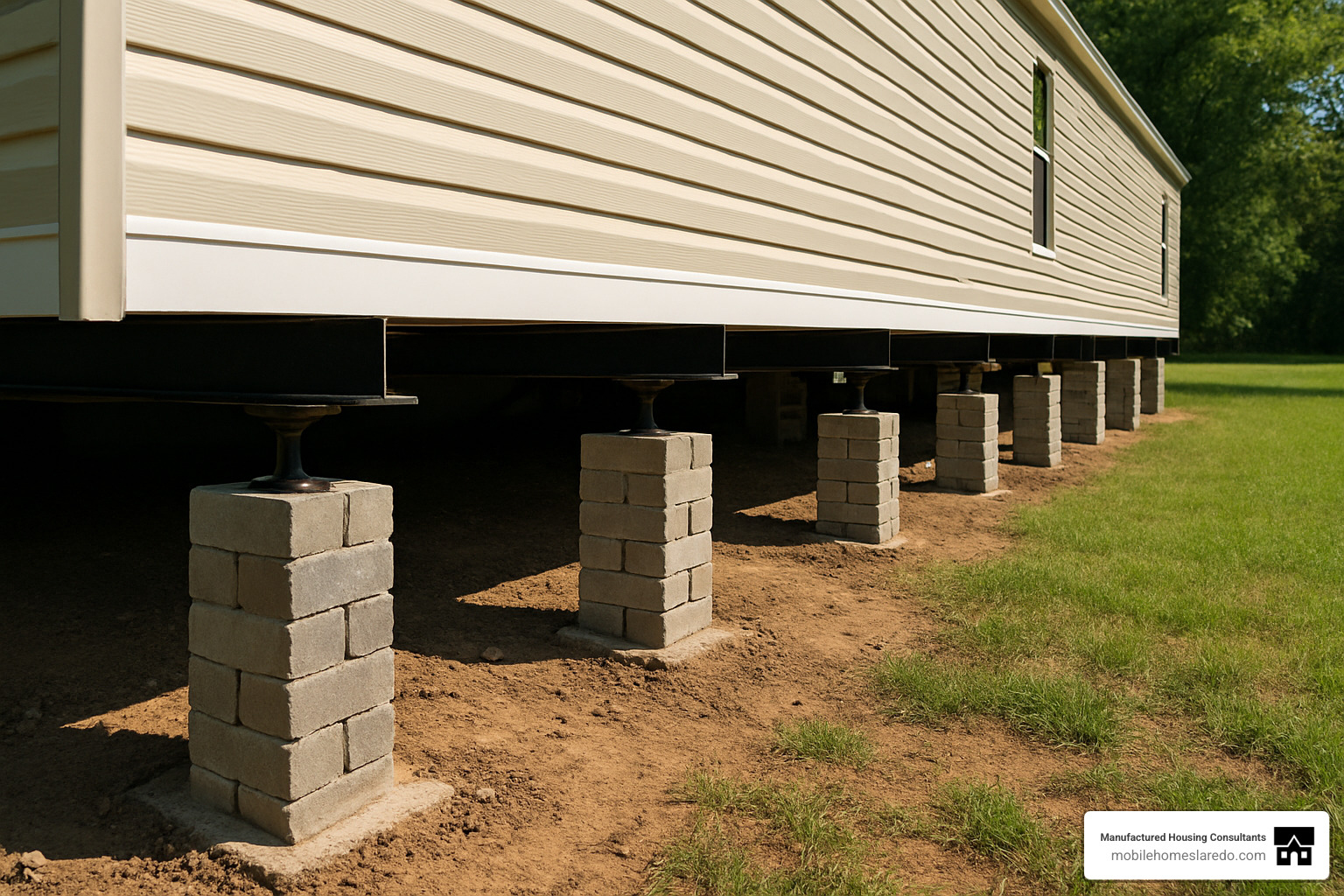
1. Pier and Beam Foundation (a.k.a. Block and Pier)
Description
-
The most common setup in mobile home parks.
-
Concrete piers or blocks (solid or hollow cinder blocks) and steel supports are placed under the steel chassis beams, spaced every 6–10 feet.
-
Adjustable steel jacks or pads level the home.
-
Skirting or underpinning encloses the perimeter.
Pros
-
Inexpensive and quick to install.
-
Adjustable for uneven ground.
Cons
-
Not frost-protected — ground movement can cause shifting.
-
Not considered “permanent” unless combined with engineered anchoring or piles.
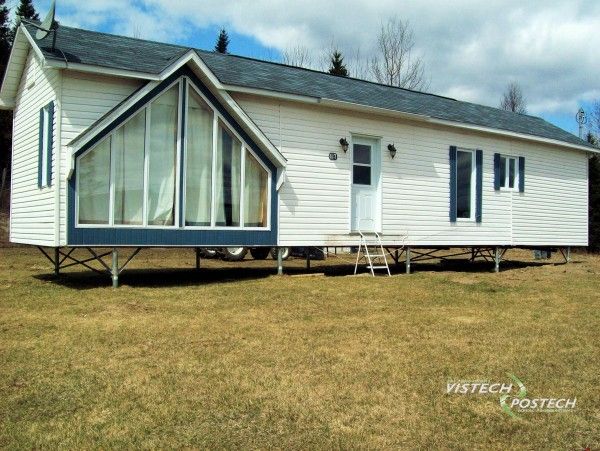
2. Helical / Screw Pile Foundation
Description
-
Steel shafts with helical plates are screwed into the ground to below frost depth (8+ feet in Manitoba).
-
A steel bracket connects the pile to the mobile home’s frame.
Pros
-
Frost-proof, strong, and fast to install.
-
Excellent for uneven or clay soils.
-
Fully removable if needed.
Cons
-
Requires engineered design and certification.
-
More expensive than basic piers but cheaper than full concrete.
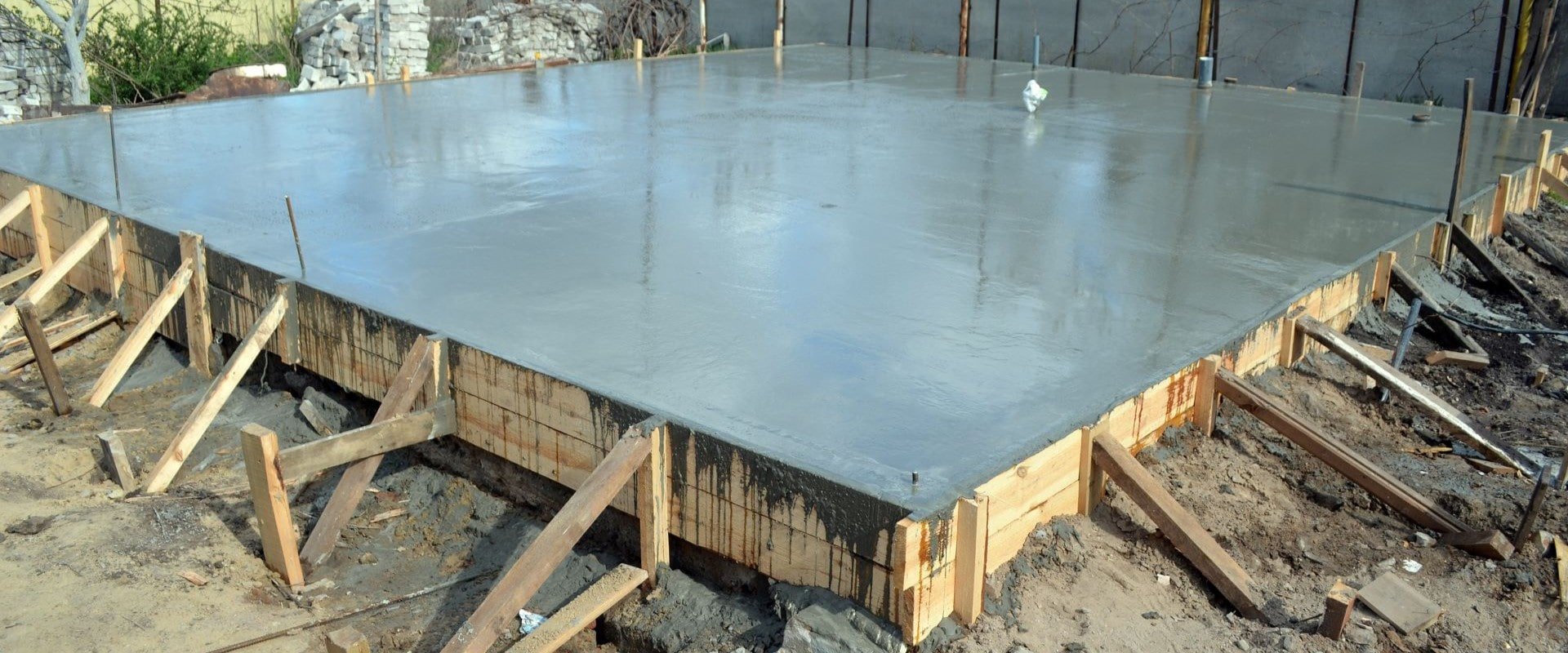
3. Concrete Slab Foundation
Description
-
A reinforced concrete slab poured on grade; the home is set directly on it or anchored via blocking.
Pros
-
Permanent, stable, frost-resistant (if insulated).
-
Easiest for lenders to classify as real property.
Cons
-
Requires excavation, drainage, and insulation.
-
Limited access underneath for plumbing or repairs.
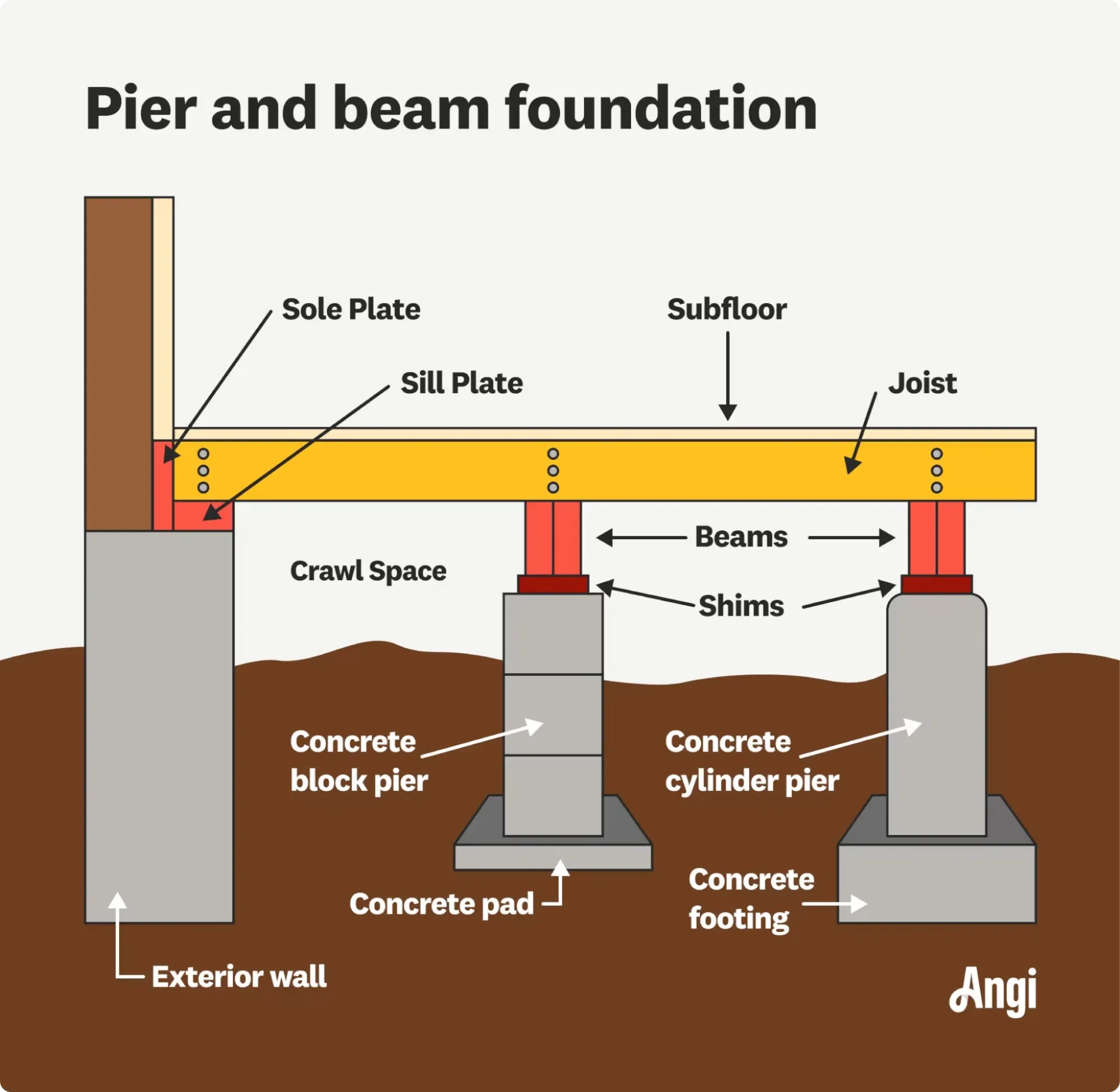
4. Concrete Pier Foundation
Description
-
Cylindrical concrete columns poured below frost line; steel brackets hold beams above ground.
-
Similar layout to pier-and-beam but with cast-in-place concrete rather than blocks.
Pros
-
Very stable and frost-protected.
-
More permanent than adjustable block piers.
Cons
-
Harder to adjust post-installation.
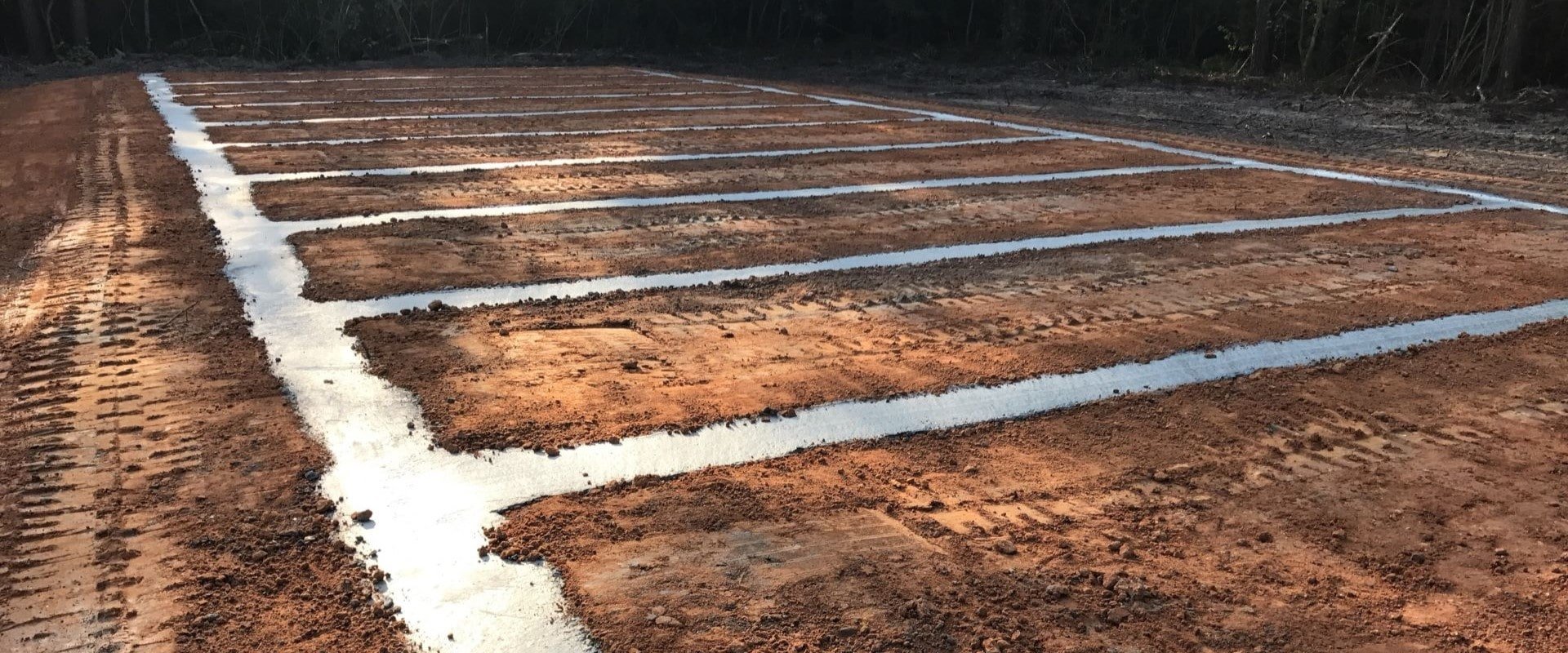
5. Concrete Runner (or Strip) Foundation
Description
-
Continuous narrow concrete strips poured under each main beam.
-
Sometimes includes pads under cross-members.
Pros
-
Combines stability with crawl-space airflow.
-
Can be reinforced with rebar for longevity.
Cons
-
Needs good drainage and insulation.
-
Not as robust as a full slab or crawl space.
6. Crawl Space Foundation (Perimeter Wall)
Description
-
Concrete or block perimeter wall enclosing a crawl space beneath the home.
-
Beams or joists rest on the foundation wall; access door allows entry under the home.
Pros
-
Permanent structure, frost-protected.
-
Good utility access and insulation.
Cons
-
Costlier than piers or piles.
-
Must be ventilated and moisture-controlled.
7. Full Basement / Full Foundation
Description
-
Essentially a traditional house foundation.
-
Mobile home is placed over a full-height basement or slab-on-grade with frost walls.
Pros
-
Adds living/storage space.
-
Longest lifespan, best stability, highest resale value.
Cons
-
Most expensive option.
Screw Anchor / Tie-Down System (can be combined with a foundation type)
Description
-
Auger-style anchors screwed into the soil, attached by straps to the home’s frame.
-
Used to prevent uplift or lateral movement — not load-bearing.
Pros
-
Inexpensive safety system for wind stability.
Cons
-
Does not support weight; must be combined with another foundation (e.g., pier & beam).
Proper anchoring may be crucial for both financing, insurance and safety, so it’s wise to verify the anchoring system before buying and/or if it is required in your region.
Mobile Home Skirting / Underpinning
Skirting (or underpinning) encloses the open space between the ground and the bottom of a mobile home.
It’s not structural — it protects, insulates, improves appearance and plays a vital role in durability and code compliance.
Main purposes,
-
Keeps out pests and wind
-
Prevents frozen pipes
-
Improves energy efficiency and looks
Common Types
-
Vinyl - Cost is less and is easier to install, but can crack in cold weather.
-
Insulated Panels - Foam or composite; best for cold climates like Manitoba.
-
Cinder Block / Concrete - Permanent, sturdy, and rodent-proof.
-
Metal (Aluminum/Steel) - Durable but may rust or get cold.
-
Wood - Looks good but prone to rot.
-
Brick/Stone Veneer - Attractive and permanent but costly.
Manitoba Note
For cold regions like Manitoba, insulated panels or concrete block skirting are best — vinyl alone often isn’t enough.
Good skirting should,
-
Have venting or removable panels for airflow and maintenance access.
-
Include insulation and heat tape on plumbing for winter protection.
Changing Perceptions and Demand
Rising costs in urban areas have increased the appeal of mobile homes, with many new builds incorporating high-quality materials and modern design elements. As a result, mobile home parks and communities are gaining popularity, particularly as they offer a sense of community along with cost savings.
Conclusion
Buying a mobile home in Winnipeg can be an affordable way to achieve homeownership while enjoying the perks of a detached home and a private yard. However, it’s crucial to fully understand financing options, depreciation, and the specific requirements for maintaining and selling a mobile home in Manitoba’s climate. With the right preparation, a mobile home can be an excellent option for homebuyers in Winnipeg looking for space and affordability.
If you’re ready to explore mobile homes, as your REALTOR® I can guide you through the process, from financing to finding the right vacant land or park to make your homeownership dreams a reality.
Tara Zacharias, REALTOR®
Categories
Recent Posts
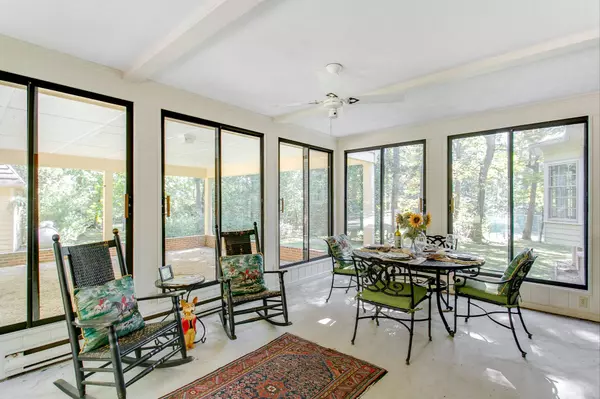
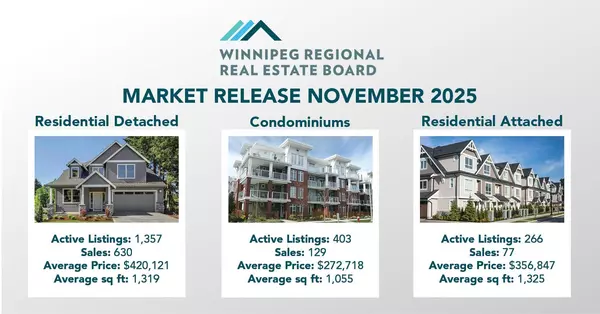
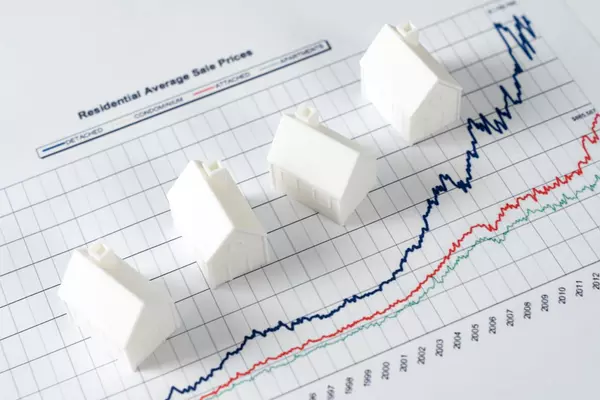
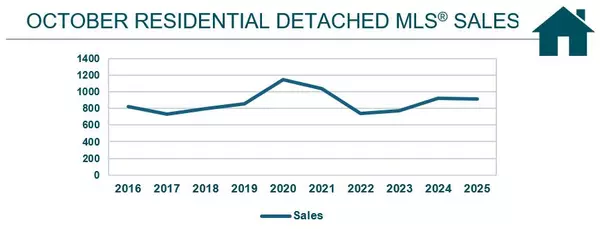
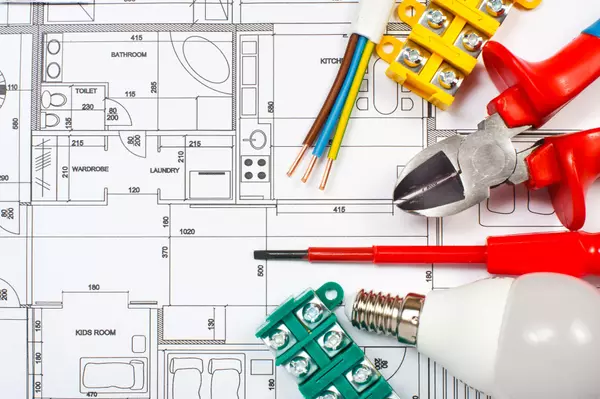
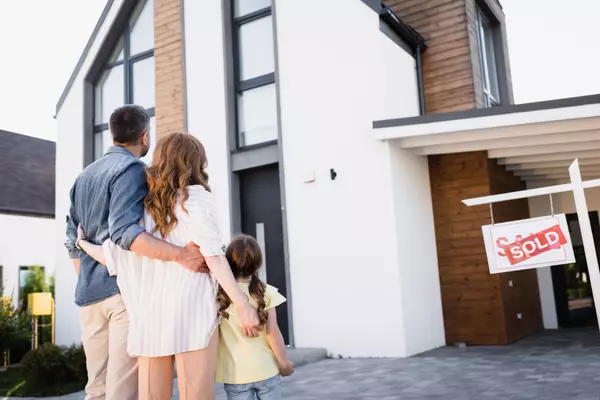
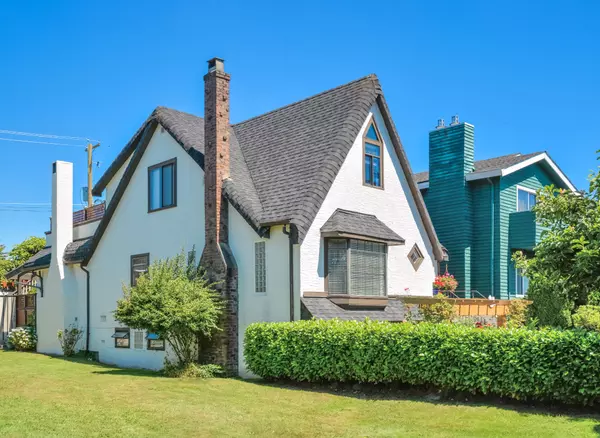
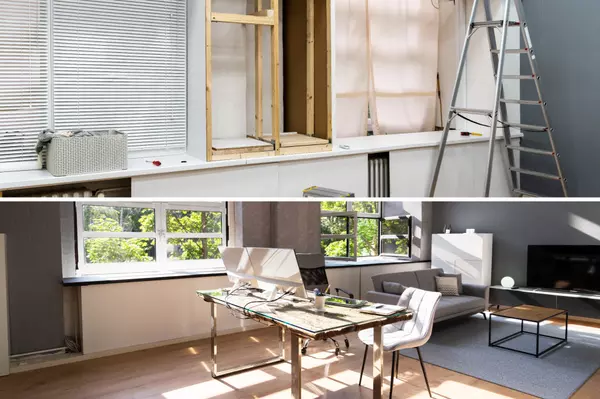
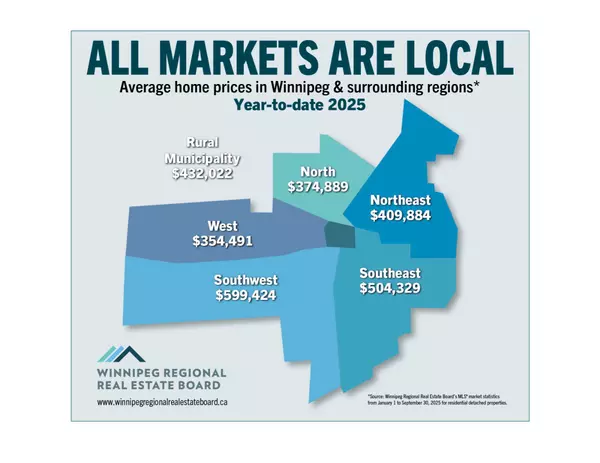
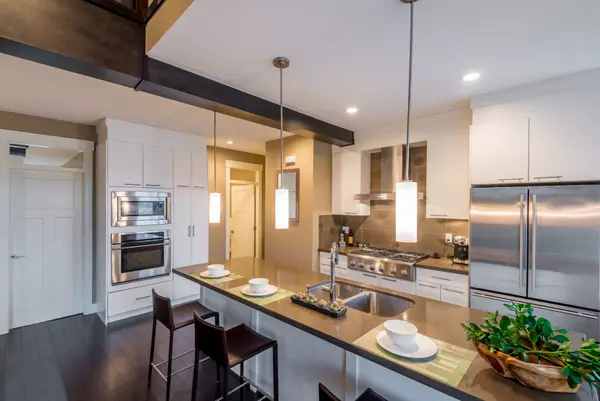
Leave a Reply
 REALTOR®
REALTOR®I became a REALTOR® because I truly enjoy helping people find the place that feels like home and because providing exceptional service during such an important moment in someone’s life is something I genuinely care about. Supporting sellers as they move on, move up, or move forward is just as meaningful, and being part of that transition is something I’m grateful to contribute to.
I make the buying or selling journey feel organized and approachable with clear communication and practical guidance. With an approach supported by market data, trends, and neighbourhood insights, you'll always understand what’s happening and how to make the most informed decisions.
Whether you’re buying your first home, selling a place filled with memories, or planning your next step, I’m here as someone who listens, shows up, and puts your goals at the centre of every decision. I'm focused on what serves you best.
I'm Tara Zacharias, a real estate salesperson located in the vibrant city of Winnipeg. Thanks for stopping by and taking the time to get to know me!+1(204) 293-0933 tara@tarazacharias.com330 St Mary Ave, Winnipeg, MB, R3C 3Z5, CAN
https://tarazacharias.com/
